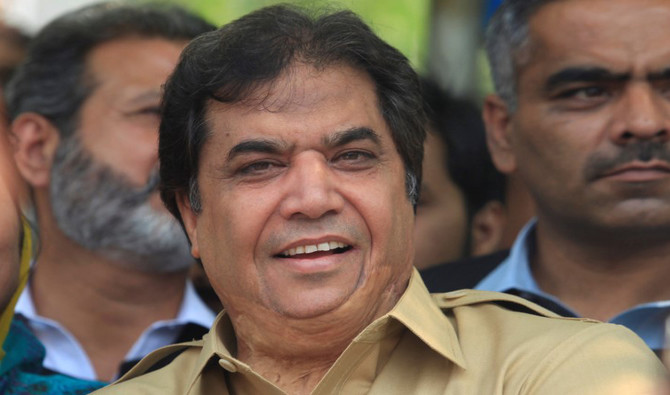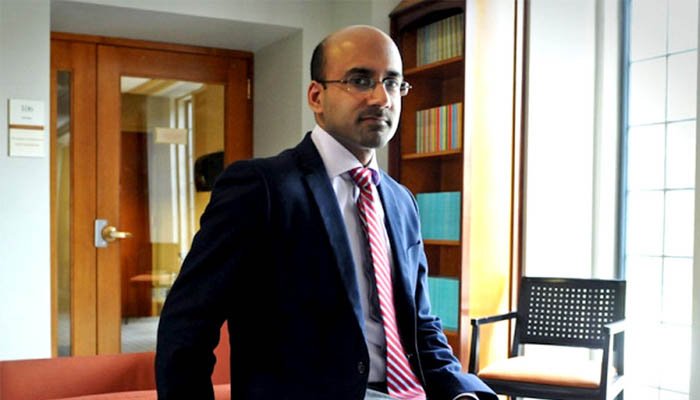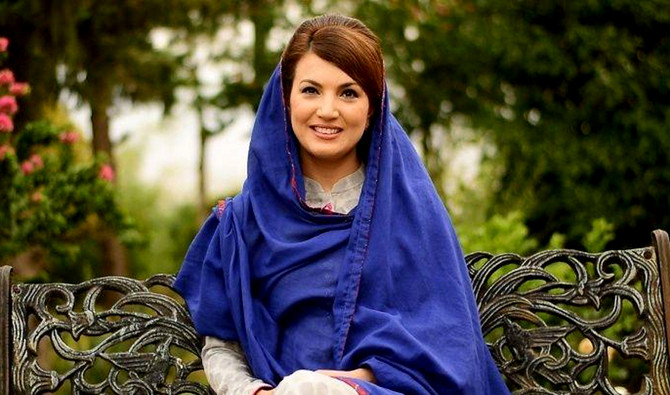ISLAMABAD: When the year comes to a close, most people take time out to reflect on the wins and losses of the past 12 months. Some others, however, choose to ignore the elephant in the room and instead turn to Google for answers to life’s most pressing questions, such as “what exactly is the Keto diet?”, or “how many royals got married this year?”, to name a few.
The search engine released its annual statistics on Wednesday detailing the top 10 things Pakistanis were most curious about. While some topics were obvious, others managed to raise a few eyebrows. Here's a list:
Considering the fact that Pakistan is a cricket-crazy nation, it was a given that queries about the next round of matches or contesting teams would feature in the top 10 list. However, a part of the sports category included searches for PSL 2018, the Fifa World Cup, and the timings of the PTV Sports channel.
A proud moment for home-grown talent was one notch up on the statistics ladder after data showed that Pakistan’s own ‘Donkey King’ -- a computer-animated comedy film – ranked sixth in the top 10 searches.
In entertainment, as in life, some things are hard to understand as is the fact that Bollywood actor and model Sunny Leone featured as one among the most-sought-after personalities by Pakistanis this year, garnering a nearly 1,000 percent spike on the search engine with queries related to a documentary film released in 2016 focusing on her life. Leone is a popular and polarizing figure for both Pakistani and Indian audiences, owing to her controversial background as one of the US’ most popular adult film stars.

In the ninth place is Iqra Aziz, one of Pakistan TV’s most popular actors. Aziz has had an especially triumphant inning this year due to her very popular drama ‘Suno Chanda’. Aziz boasts 1.5 million followers on her Instagram account and has also won the Hum Style Award this year in the ‘Most Stylish Female TV Actor’ category. She will back to being “Jiya” for the drama’s second season.

Pakistani businessman and current jailbird, Hanif Abbasi spent much of July topping Google’s searches due to a highly-publicized trial which saw Abbasi being handed a life sentence by the Control of Narcotics Substance court. Abbasi stands guilty of misusing more than 1,000 pounds of ephedrine which were bought under the pretext of producing medicines for his company, Gray’s Pharmaceuticals.

Searches for Abbasi followed closely on the heels of those for Atif Mian, particularly the saga of his appointment and subsequent removal from his post in Prime Minister Imran Khan’s administration. The physician and economist was brought on board as a member of the Economic Advisory Council formed by PM Khan. However, he was removed from his post soon after for being from the Ahmadiyya sect, a topic which divided people into two camps -- those who wanted him out and others who could not believe that a demand to remove him existed. His removal lead to Asim Ijaz Khawaja and Imran Rasul resigning from the council.

Two film stars took the sixth and fifth spots respectively, namely Bollywood actor Sonali Bendre who has been very vocal on social media about her battle with breast cancer, and Sylvester Stallone of the film Rocky fame.

Sitting pretty at number 4 is Reham Khan. Khan catapulted into our lives this year with the release of her highly-anticipated (and for some, feared) autobiography. The book, which was rumored to lift the lid on her relationship with the PM, while shining light on several other personalities from Pakistan society’s crème de la creme, was a hot topic for several weeks with allegations that the manuscript had been stolen, leaked on the internet, and more. When finally released, the book did not lose steam either, finding its way into the top searches for PDF links in Urdu and English.

Another Pakistani woman who people spent a considerable amount of time reading about was actor and singer Meesha Shafi who caused quite a storm in the entertainment industry when she filed her experience as part of the #MeToo movement, alleging that fellow actor and singer Ali Zafar had assaulted her on separate occasions. The top three searches of her name were directly linked to the accusations. Zafar denied the allegations and followed through with his own lawsuit. The cases ended after Lahore’s judges decided not to pursue her case.
Occupying the top two spots are powerful women who married people that are constantly under the public eye.

American actor turned Britain’s newest Princess, Meghan Markle, was not only the second most searched person in Pakistan but the most searched person globally as well – in turn becoming the sixth most searched topic across Google.
While Markle’s marriage to Prince Harry -- in an internationally-televised wedding which was watched by more than one billion across the worldwide – was the top topic, she was also in the news because of her father who was constantly in the news for making controversial statements about his daughter.
The obsession with the wedding was seen across Pakistani media, too, particularly on social media where opinions varied from approving the new princess to those that questioned her relationship with Harry. Markle may continue to be a major contender for searches in 2019 as well, what with the royal expecting her first child early next year.

Last, but definitely the first in Google’s top searches is Pakistan’s very own first lady — Bushra Maneka, a person who is either showered with praise or met with skepticism. After being flung into the limelight as PM Khan’s third wife who many credit (or blame) for his finally nabbing the spot of Prime Minister, she has dealt with her own share of the media spotlight with questions about her profession, her first marriage, her relationship with Khan and his children and family, and her choice to cover her face. Maneka is the first woman in Pakistan to be married to a prime minister and cover her face – with an image of her covered in white from head to toe during PM Khan’s swearing-in ceremony going viral. Like Markle, Maneka too is most likely to maintain the top spot as Pakistanis continue to seek more information about the PM’s wife who rarely makes public appearances.











